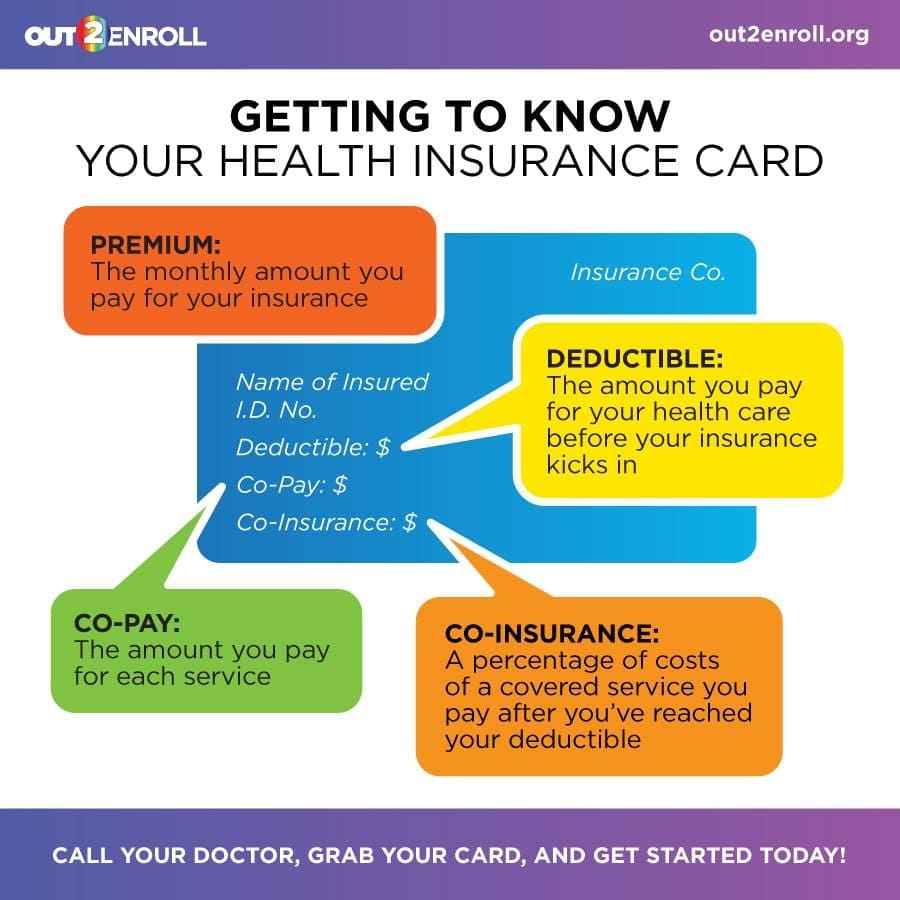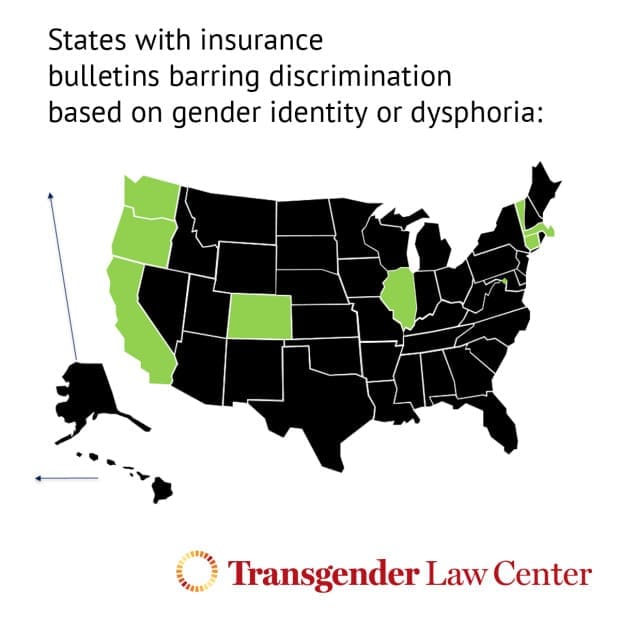By Bailey Williams
Currently, there are two FDA-approved pre-exposure prophylaxis (PrEP) drugs available for HIV-negative people looking to prevent HIV transmission. These include Truvada, a generic equivalent to Truvada from Teva Pharmaceuticals (just made available October 1), and Descovy. Each of these drugs typically require daily dosing – meaning individuals take one pill each day coupled with ongoing monitoring and support, to stay HIV-negative. Doing so can be difficult for people who don’t like pills or have trouble remembering to take pills each day. Now, after a successful trial testing the effectiveness of the first ever injection for HIV prevention, HIV-negative people can look forward to new a PrEP option that might better serve their needs – perhaps as early as mid-2021.
The HIV Prevention Trials Network (HPTN) recently concluded part of its large-scale study, HPTN-083. It proved the safety and efficacy of long-acting (every-other month) cabotegravir injections in preventing HIV transmission among cisgender gay and bisexual men and transgender women who have sex with men. The trial compared the long-acting injection to daily Truvada and found that the injection worked just as effectively, if not more so, than taking daily pills.
Currently, a sister study to HPTN-083, called HPTN-084, is underway in Africa, testing long-acting injectable cabotegravir among heterosexual cisgender women.
AIDS Foundation Chicago (AFC) and Midwest AIDS Training and Education Center (MATEC) recently held a virtual conference featuring a panel discussion with some of the HPTN-083 study’s Chicago-based participants to discuss their experiences and share their preferences. Some of these young gay men of color preferred receiving a shot every-other month compared to taking a daily pill because they found it easier to adhere to the injection schedule.
“If I had the option between the pill and the shot, I’d definitely choose the shot because it’s once every other month,” said 23-year-old study participant Xavier Ramos of Chicago. “You go to a medical professional. They give you the shot. Then it’s over and done with. You don’t have to worry about it until the next injection, whereas you have to take the pills every single day.”
Michael Bradley, 25, said he too preferred the injection over the pill, because it’s a “smoother process.” With the pill, he had to set an alarm each day and make sure he always had a pill with him. By contrast, Michael received an appointment reminder for the injection and only had to go to the office once to receive the shot.
Even those who are afraid of needles, like study participant Tony Ramirez, 22, said they would prefer the shot over the daily pill.
“I’m someone who is constantly on the go,” Tony said. “I always have something to do, so that 1-2-3, go in, get my injection, get out, I’ll see you again in a month or so, is so much easier for someone with a lifestyle like my own.”
Still, Tony admits having the same nurse administer the shot eased his fears. For this reason, Tony said having conversations between nurses and clients beforehand and having the same set of nurses administer the shot could help people who are afraid of needles feel more comfortable getting the injection.
Besides being exposed to a new, preventative option, many found the study to have been a wonderful experience with supportive staff that left the participants with more knowledge and tools to take care of both their sexual and overall health. Xavier, Michael and Tony have all been able to use information gained in the study to strengthen existing relationships and educate friends and family.
“(The study) has really opened my mind to see that this is nothing to be ashamed about,” Tony said. “People get STIs. People get lied to when they sleep with partners. All it takes is that one time for a person to not know their HIV status for you to come up positive if you don’t have the proper protection.”
For more information about the HPTN-083 study and its implications, read our previous coverage here. AFC, MATEC, and International Rectal Microbicide Advocates (IRMA) are hosting another virtual conference, HIV Prevention Pipeline: Putting Desire & Choice in the Science on Tuesday, Nov. 17, 2020 from 10 a.m. to 11:30 a.m. CST. Register here.
HPTN started a new study, HPTN-083-01, to explore the acceptability and safety of cabotegravir injections in adolescents. If you are under 18 and want to get involved in a HIV prevention study, you can find more information here.



